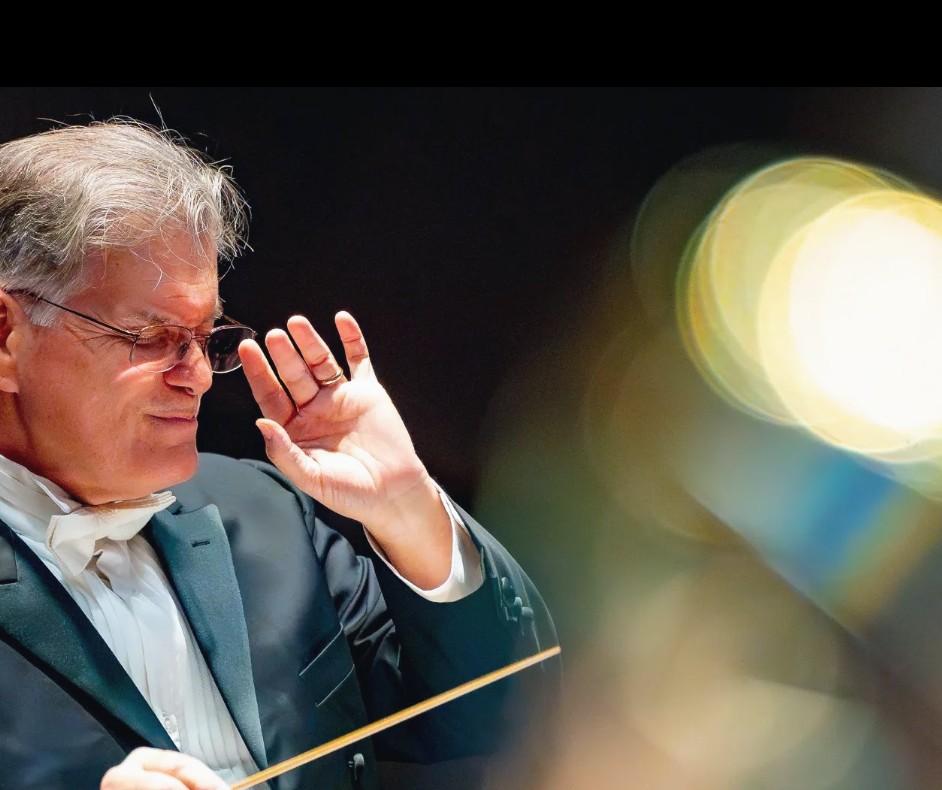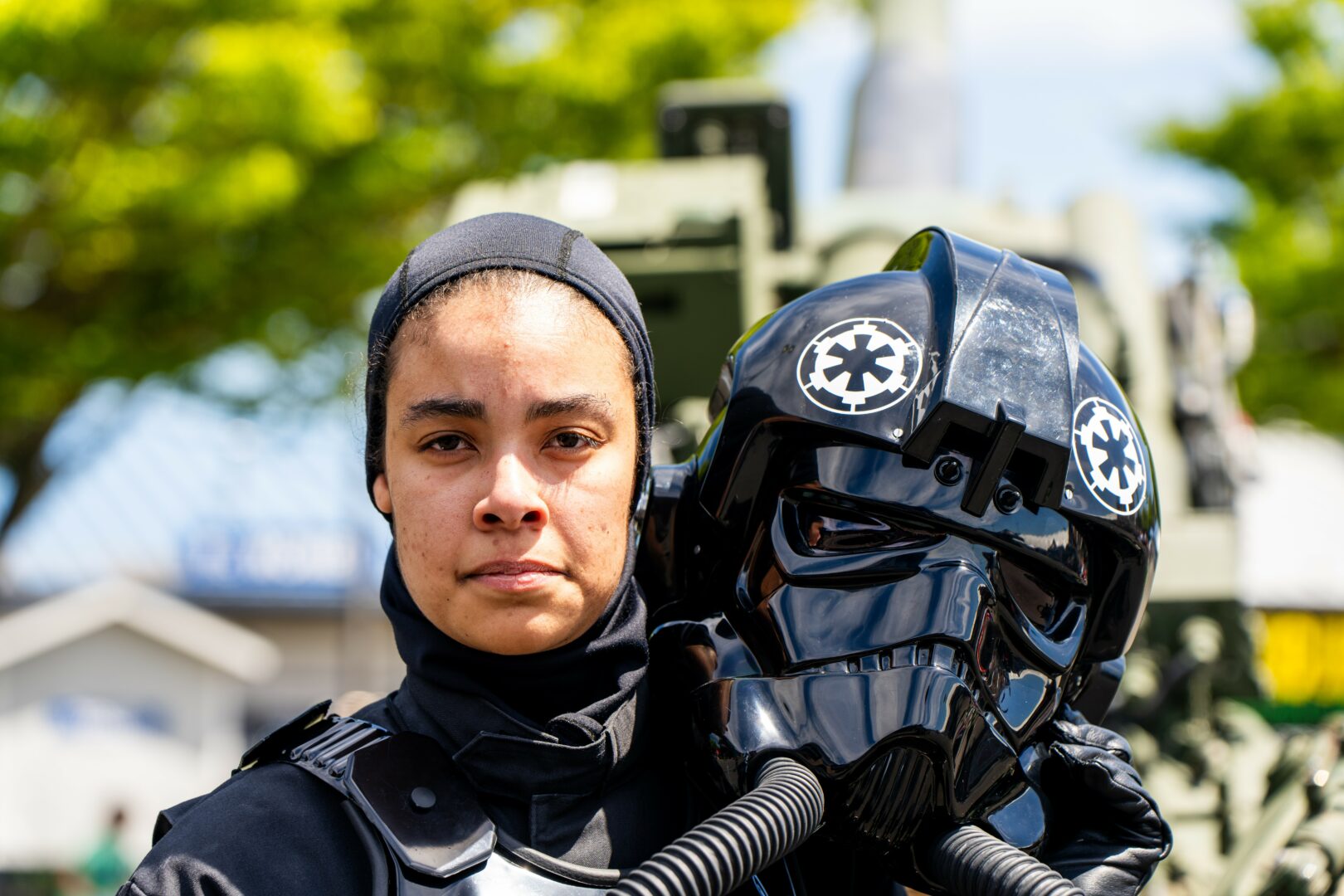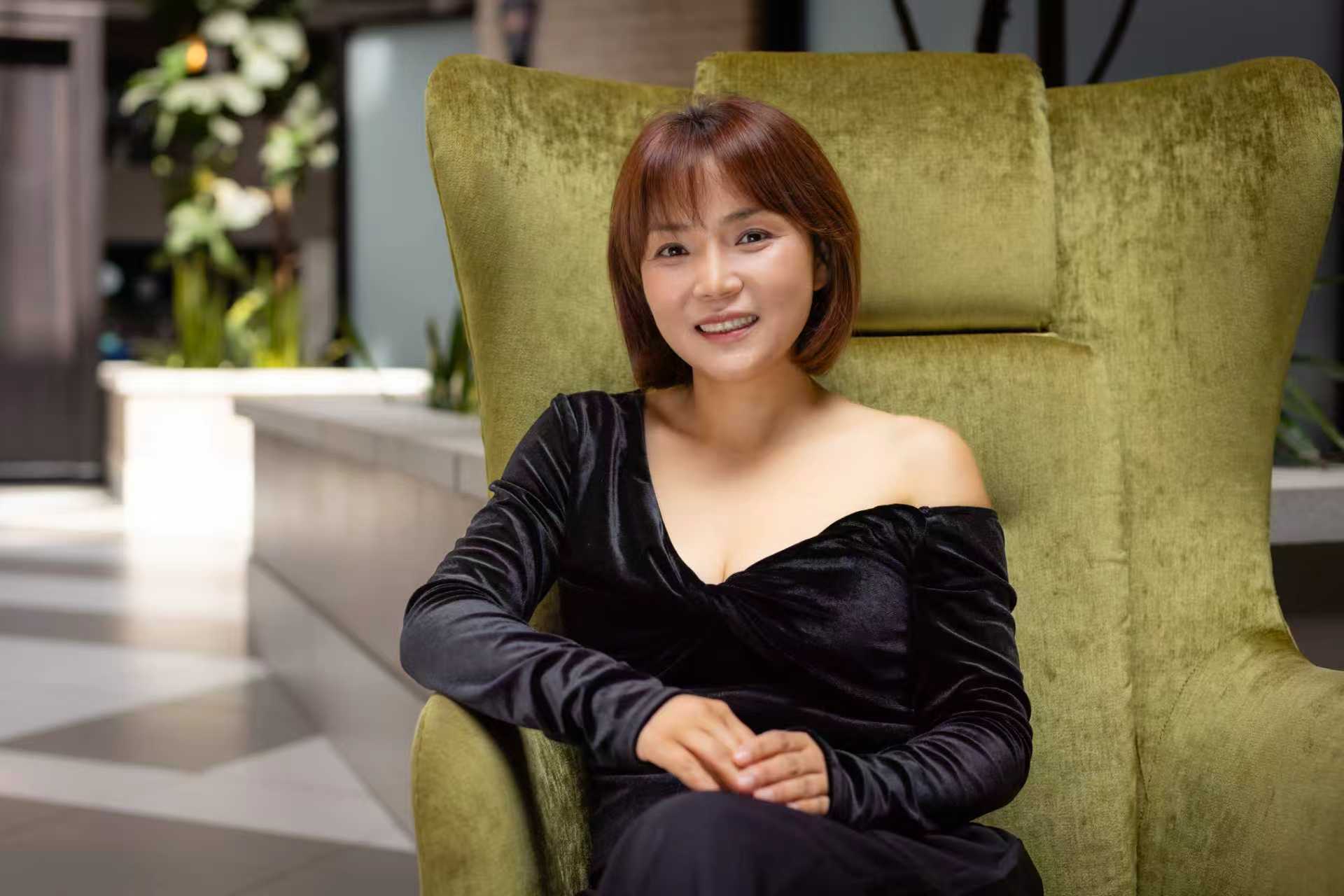We’re excited to introduce you to the always interesting and insightful Ronnie Sanders. We hope you’ll enjoy our conversation with Ronnie below.
Ronnie, thank you so much for making time for us today. We can’t wait to dive into your story and the lessons you’ve learned along the way, but maybe we can start with something foundational to your success. How have you gone about developing your ability to communicate effectively?
“Well… I’ve always been a ‘people’ person. In my earliest occupations, I have worked as a waiter, an automobile salesman, and music director at several churches, all jobs that require positive human interaction, effective communication and conflict resolution.
“Even in my teenage years, I remember my mother telling me to “call people by their name and look at them in the eyes.” That tiniest piece of advice is an effective way to start an interaction with anyone. So, when I meet people, I immediately say their name three times, in my mind very fast, then I associate that name and their face with someone else with that name.
“The ‘someone else’ might be a co-worker, relative, or even a movie-star; the next time I greet that person, most of the time, I associate that ‘someone-else’ with the person, and I am able to greet them with their name. People really like it when others call them by their name. It makes communicating with them much easier, [it] seems to put them at ease.”
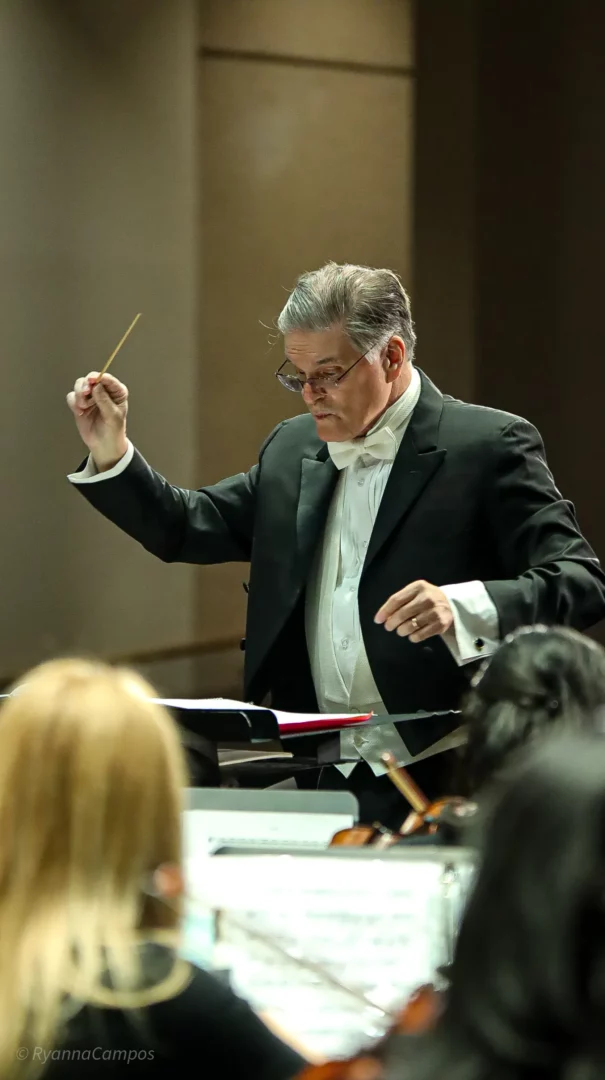
Appreciate the insights and wisdom. Before we dig deeper and ask you about the skills that matter and more, maybe you can tell our readers about yourself?
When I was in fourth grade, I attended Arnold elementary school in San Antonio. Texas, we went on a field trip downtown to hear the San Antonio symphony. My family has a background in show business. My grandfather, Kooksie Gomez Teniente, was an orchestra conductor here in San Antonio. So, growing up, music has been a huge part of my life. When I was a teenager, I was interested in symphonic music, and there was an album that was being released with Italian conductor, Arturo Toscanini conducting Beethoven’s 6th symphony, the Pastoral Symphony for for a special purchase of one dollar.
So I bought it, put it on my record player and listened to it. Then, I listened to it again and then I listened to it over and over and over. I was mesmerized by the music; the strings, the brass, the woodwinds and percussion arrested my attention for days on end. I learned that Beethoven actually wrote bird calls and that’s why it’s called the pastoral symphony. Anyway, that was my introduction to symphonic performance.
When I was in high school, my mother encouraged me to take guitar lessons (when I say encouraged, that means I didn’t have much of a choice!). I played football at Jefferson high school in San Antonio, Texas, then joined the high school choir. After high school, I pursued a music education degree and started working in several churches around Texas. And then earned a master’s and doctorate degree in music education. Next year I’ll start my 21st year teaching the choir at my old high school Thomas Jefferson high school in San Antonio, Texas.
Tell us about the orchestra you founded, how did that happen?
Several years ago I wanted to start a new, all volunteer orchestra so I started the South Texas Symphonic Orchestra in 2017. I decided to hold auditions and thought that if we had fifteen or twenty maybe thirty players, we could find some violins, a couple of flutes, maybe some trombones, maybe a trumpet or two and be able to have a, you know, a nice little community orchestra. We held open auditions to anyone who had a musical background and wanted to play. And at our first rehearsal, in October of 2017, we had 62 auditioned musicians show up. I thought to myself ‘What have I started?’ These players are really good – these are college-level to professional-level players.
Ever since then, we’ve had concerts that are free and open to the public. We often perform for underrepresented audiences or underserved audiences throughout our communities in Bexar County.
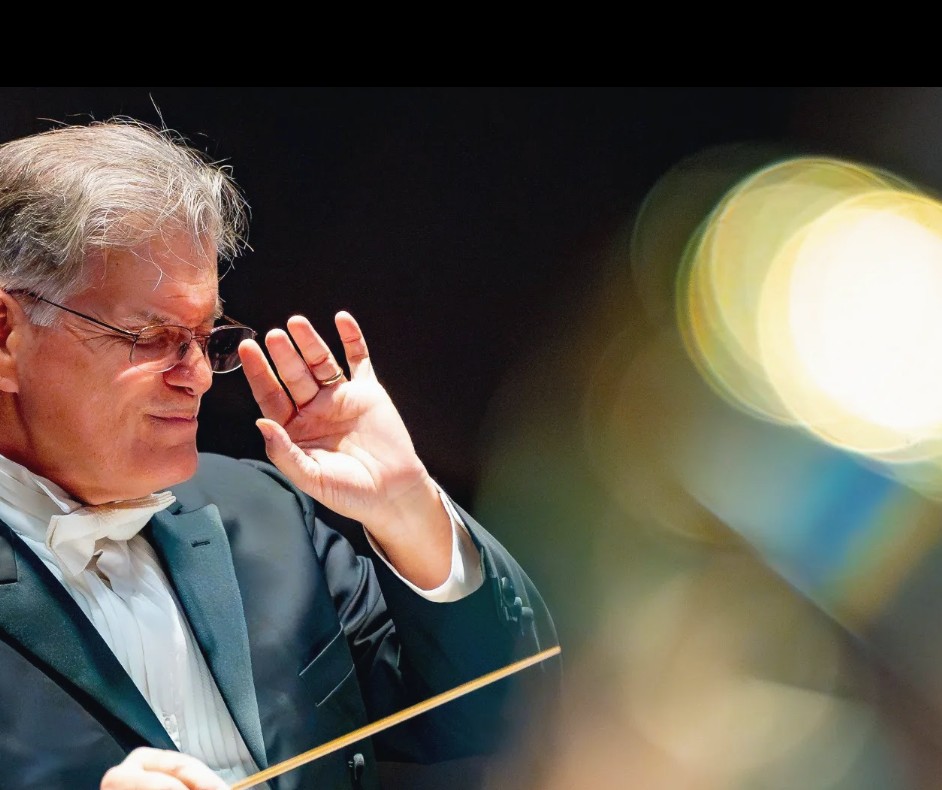
If you had to pick three qualities that are most important to develop, which three would you say matter most?
Three skills, ok let me think.
Definitely first, the skill of listening. Not hearing, but really listening while I’m in a conversation. You must look at people in their eyes, and not look around, not try to think about what you’re going to say, and not talk about yourself. Always, always talk about the person you’re talking to.
A second skill that I think really helps me connect with people is remembering peoples’ names. Not just remembering their names, but using their names in your conversations.
Third, let’s see. A complete rejection of mediocrity. Everything you do, you must do with complete abandon of self. Every effort, every detail, every project, every goal must be accomplished with the upmost attention to detail. I don’t mixed well with people who are satisfied with a half-@$$ effort. With that said, I try to motivate people to put forth their best effort, mind you. Hopefully, when talking to people, I can find words in my lexicon to change a person’s behavior, change their motivation and therefore, ultimately change their output.
Advice for a people?
The three skills I just mentioned are just that – skills. No one is born a great listener, you have to choose to look at people in their eyes and disregard everything around you when you’re talking to them. Years ago, I accidentally heard someone say about me, “When you’re talking to Ronnie, it’s like, you have his entire attention.”
That was a real compliment to my mother, of course who taught me that! So, a skill can be learned, so people need to practice listening, practice looking in their eyes, and practice putting away all distractions when talking to people. With that said, with all the inventions of electronic communication, which are pretty wonderful, amazing and completely useful, the art of talking one-on- one to people is slowly becoming a lost art.
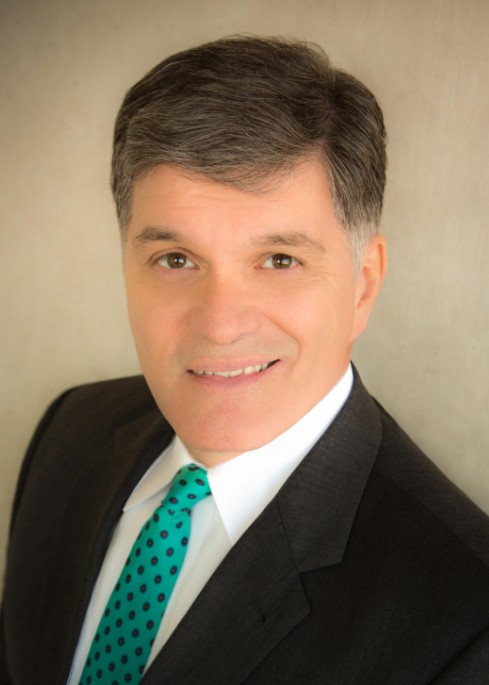
Alright so to wrap up, who deserves credit for helping you overcome challenges or build some of the essential skills you’ve needed?
Who has been most helpful in helping you overcome challenges or build and develop the essential skills, qualities, or knowledge you needed to be successful?
No doubt my mom would be the most influential person in my life. I owe everything to her. She knew I had an interest in music; she knew I could sing; she knew I would be successful post-high school. As of today, October 2025, she’s still a huge influence in my life.
Contact Info:
- Website: https://www.ronniesanders.net
- Instagram: stxsorch
- Facebook: South Texas Symphonic Orchestra
- Youtube: southtexassymphonicorchestra
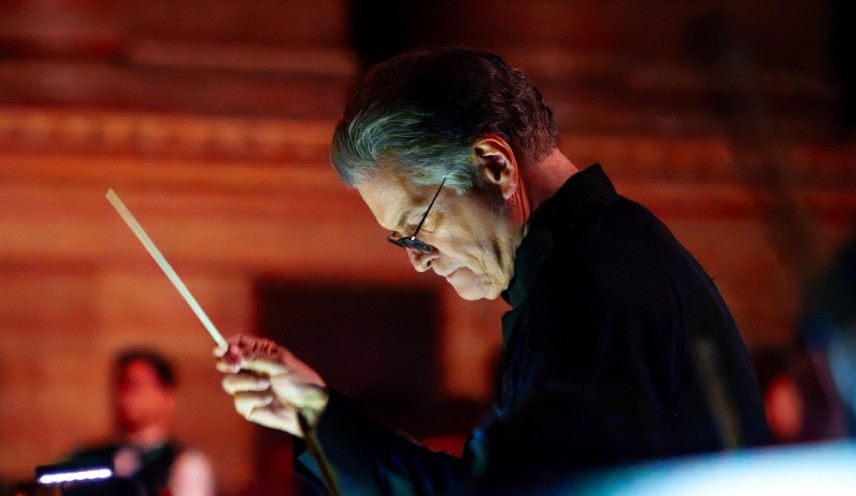
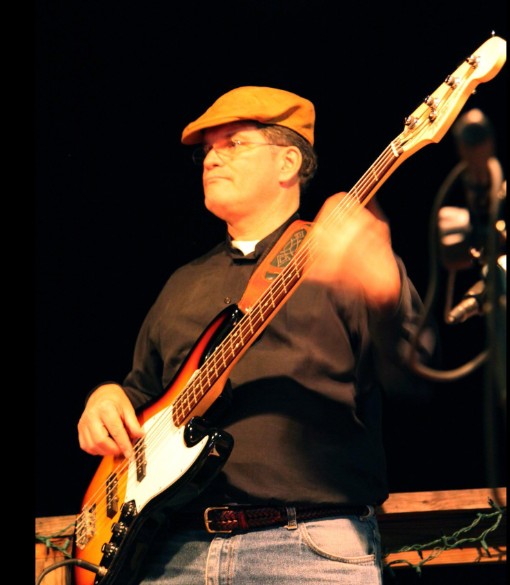
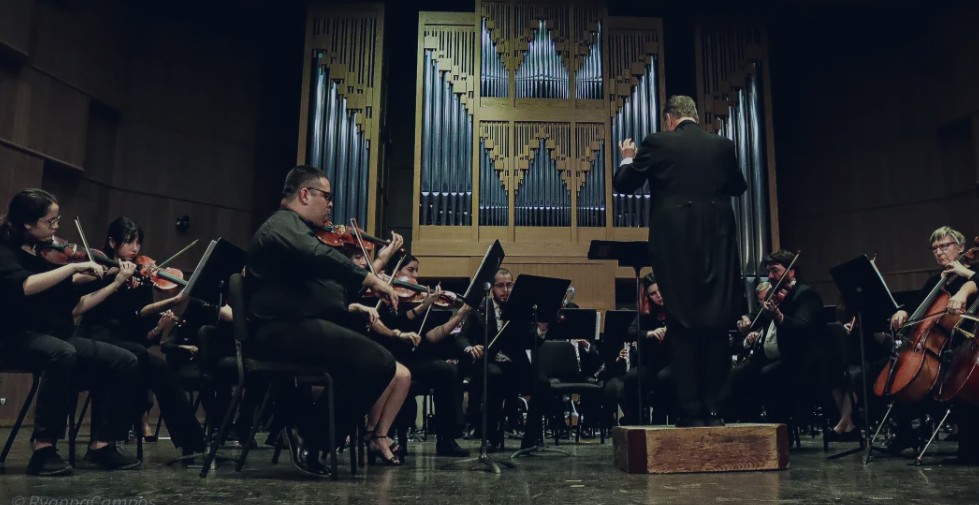
Image Credits
Roger Duran
so if you or someone you know deserves recognition please let us know here.

